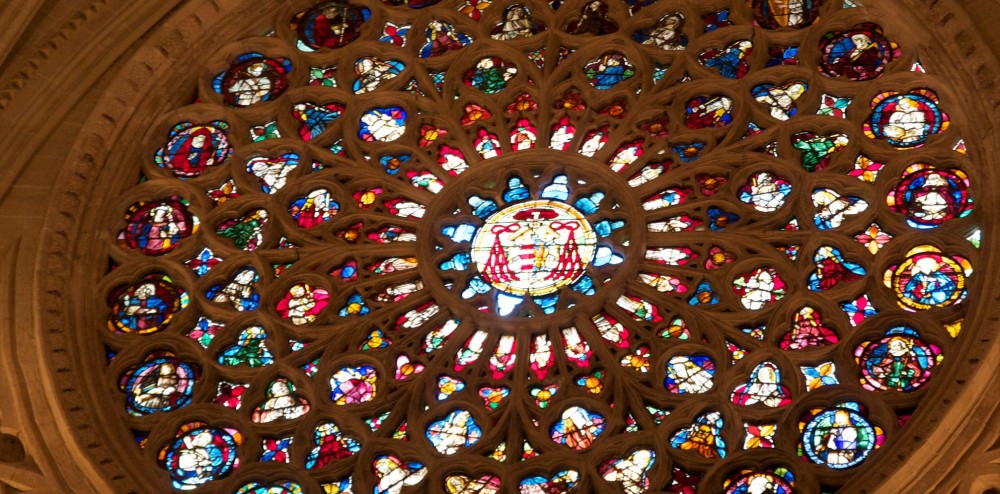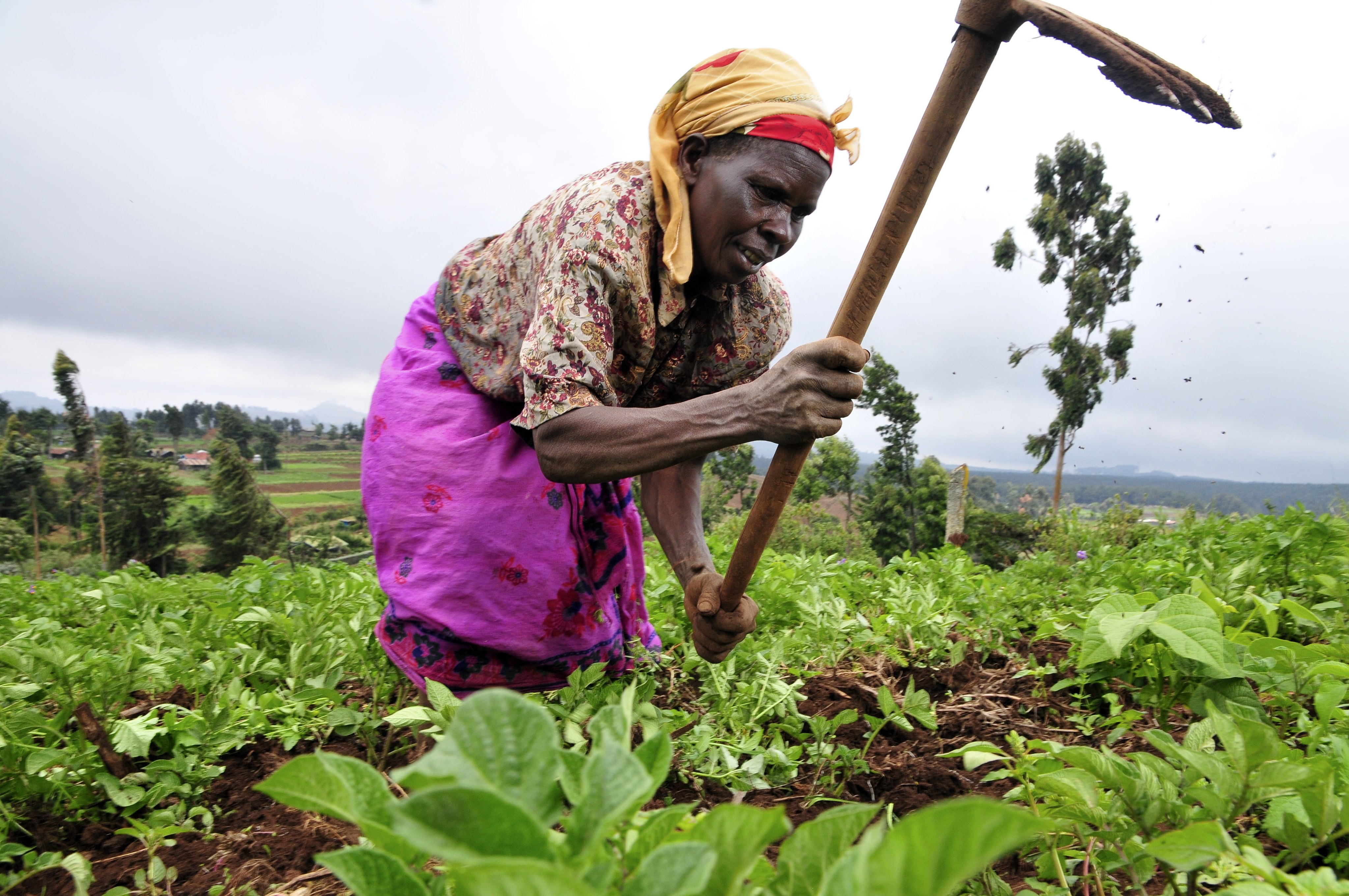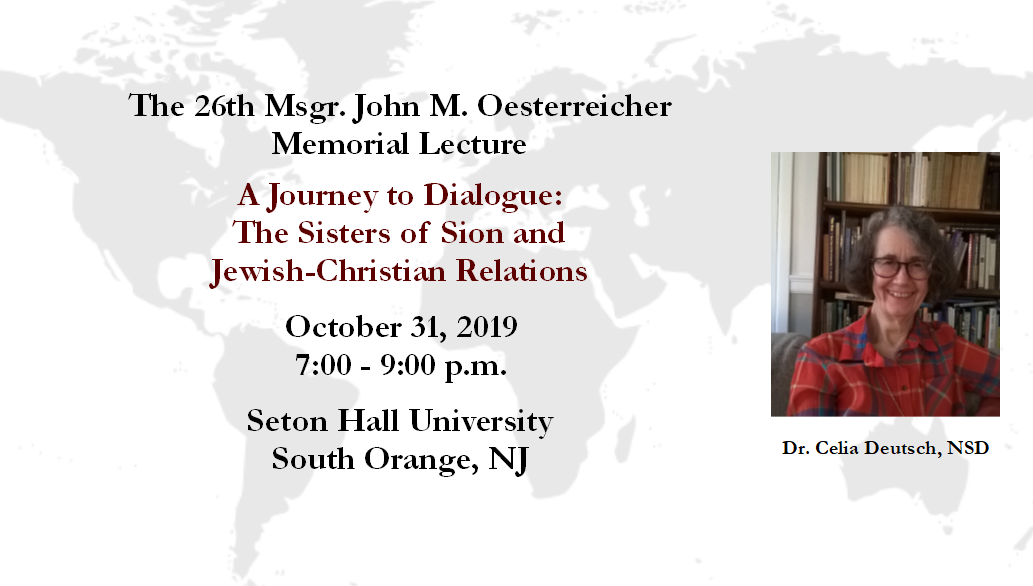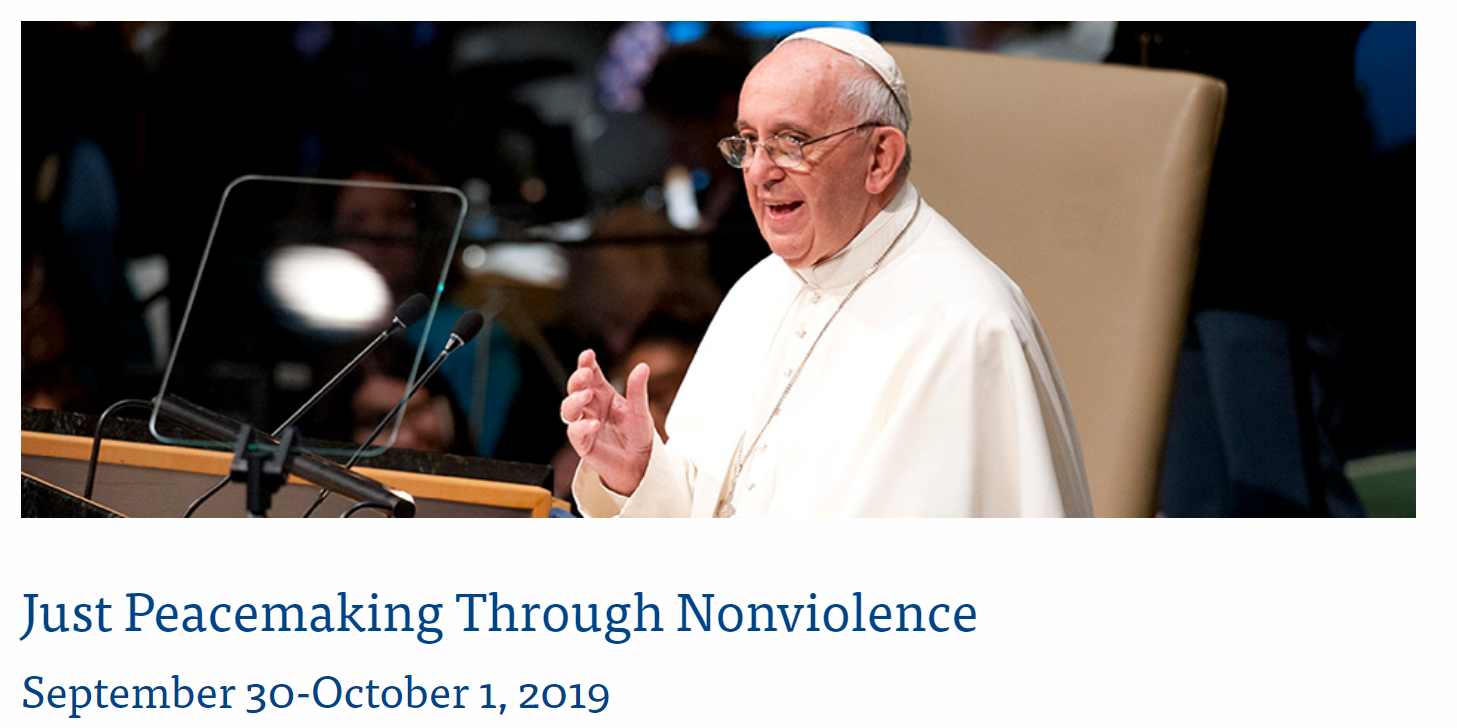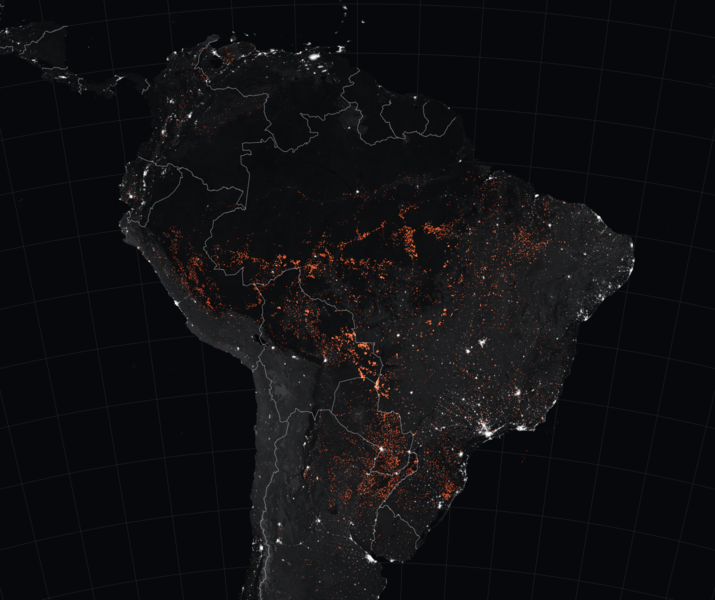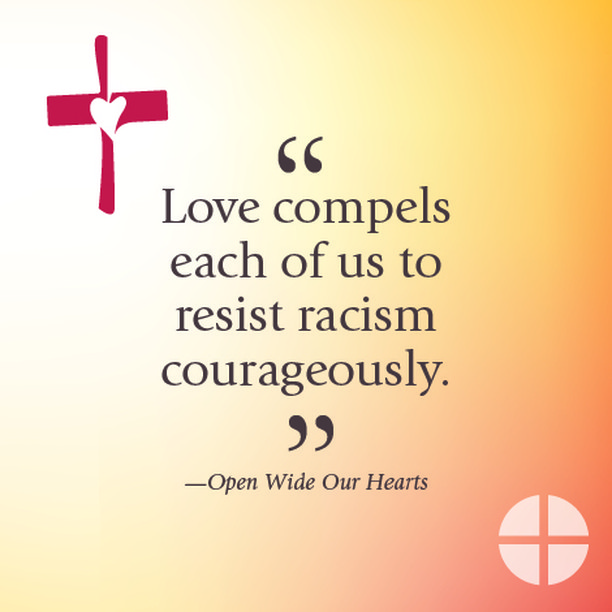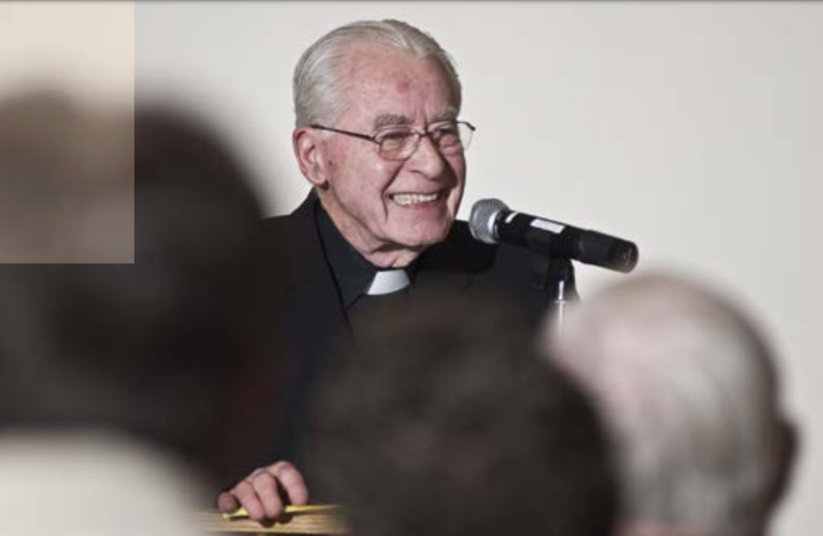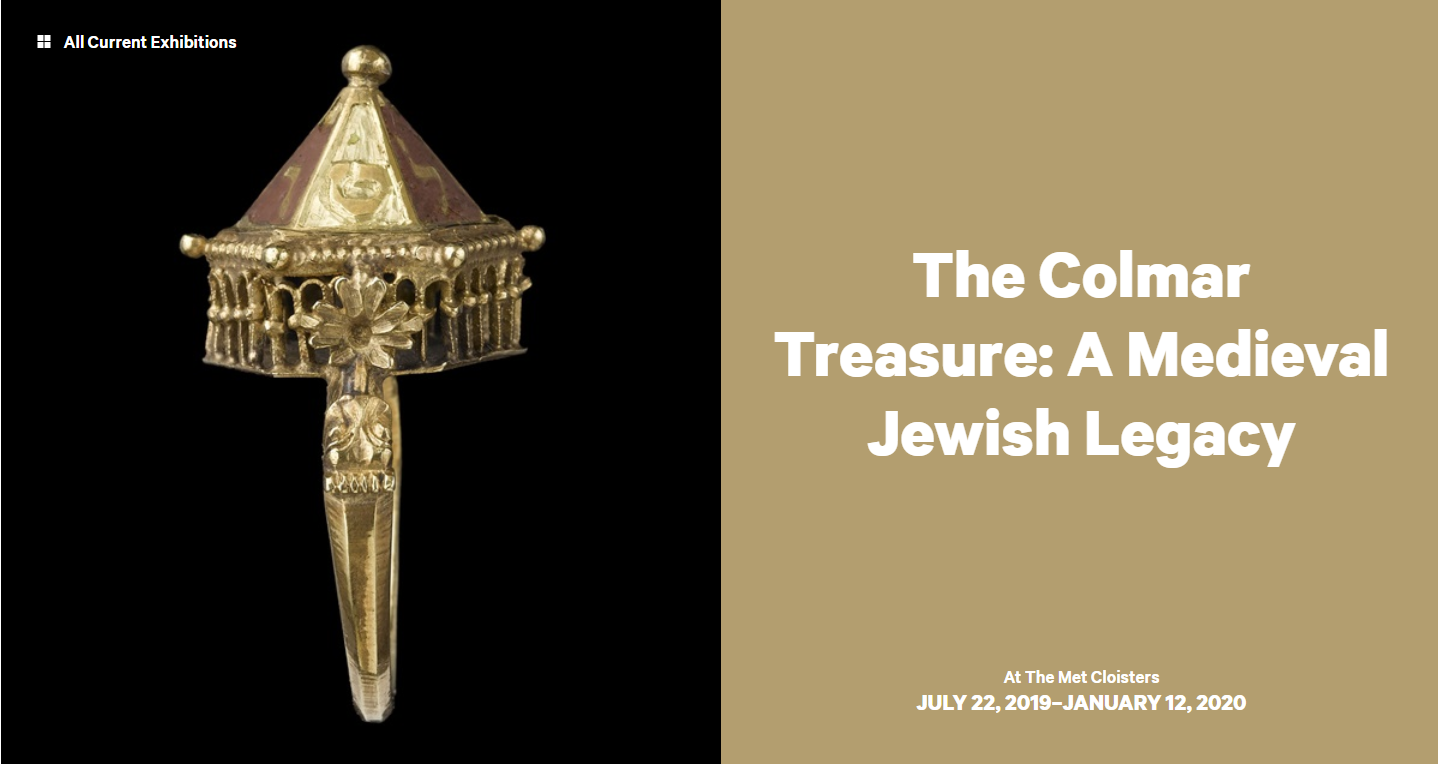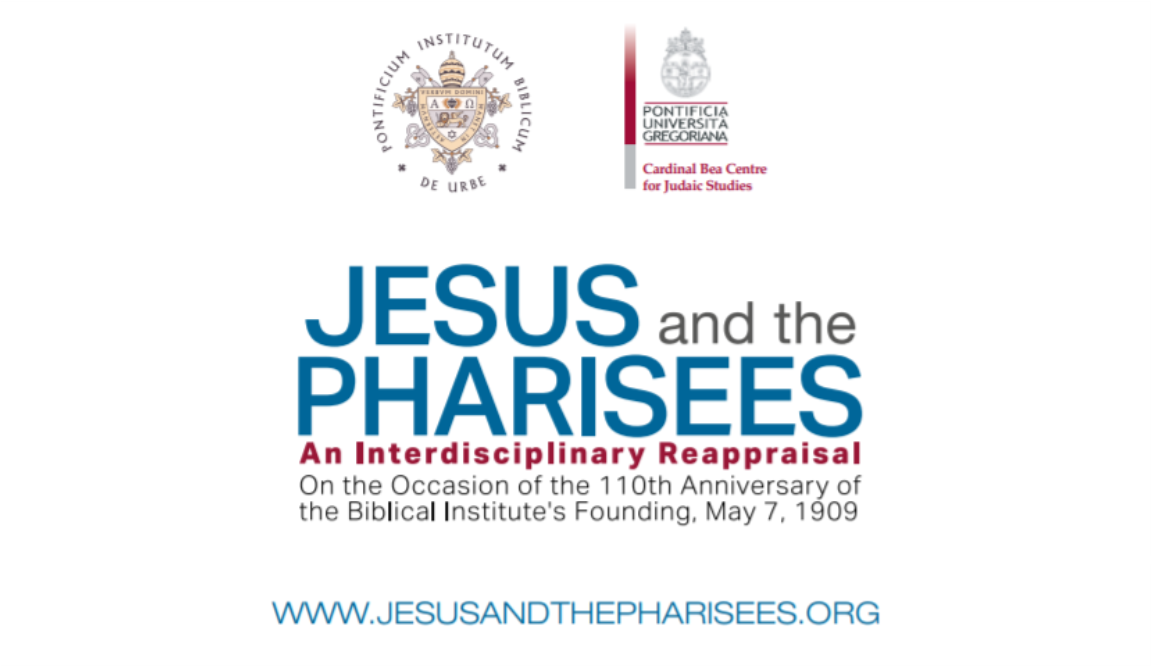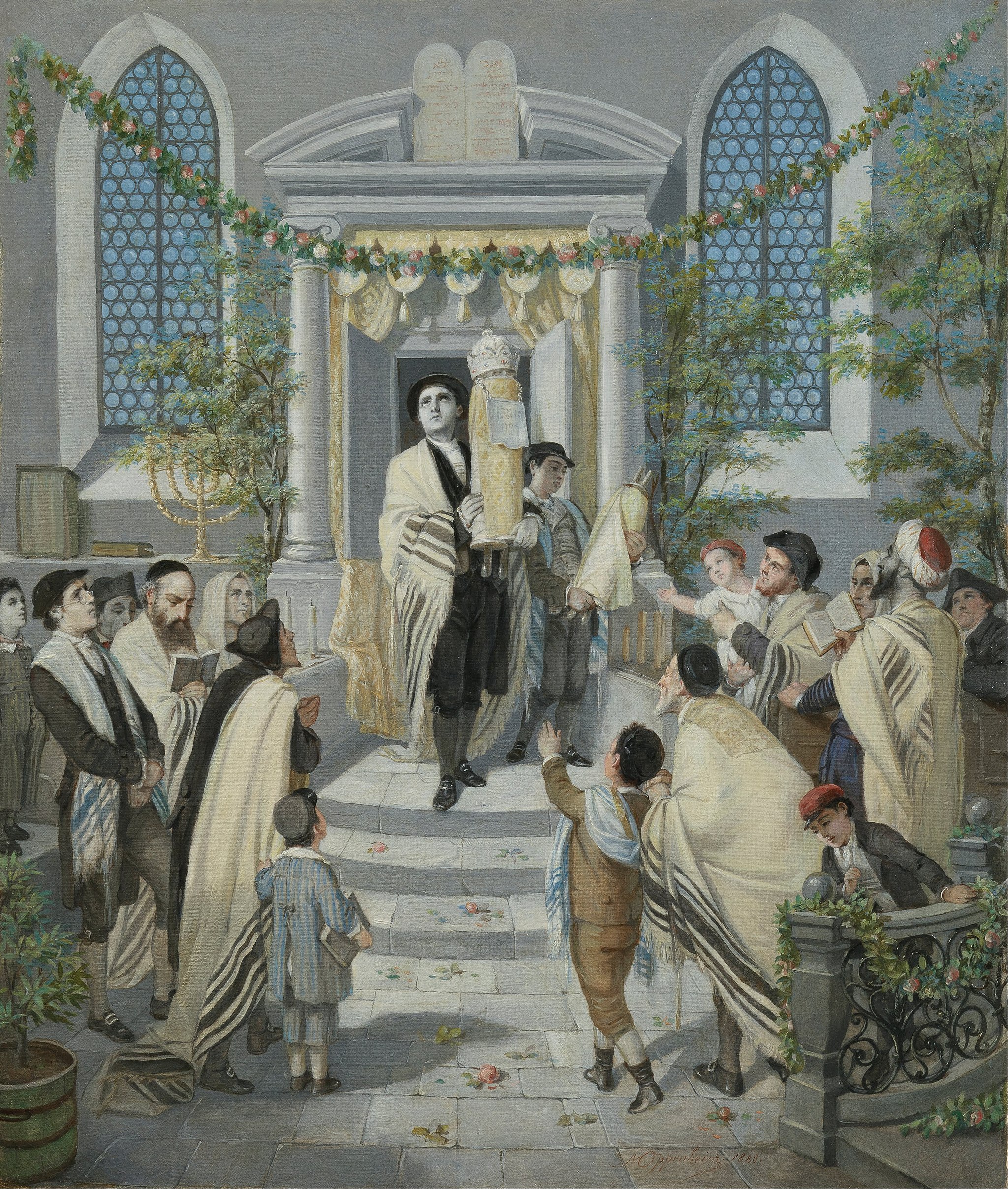The specter of starvation must be a horror beyond the imagination of those who are assured of ample food each day. We cannot be ignorant of this dimension of the burdens caused by poverty in so many parts of the world. Organizations such as Catholic Relief Services describe the urgent needs of so many in various parts of the world. The current and ongoing challenge was presented by Pope Francis in his Message for the World Food Day 2018.
The prophet Amos presented an even graver situation for the people of ancient Israel:
Yes, days are coming, says the Lord God
When I will send famine upon the land:
Not a famine of bread, or thirst for water,
But for hearing the word of the Lord.
Then shall they wander from sea to sea
And rove from the north to the east
In search of the word of the Lord,
But they shall not find it. (Amos 8:11-12)
The Sacred Scriptures provide spiritual nourishment in abundance for people of faith. Besides the Word of God as the foundation of the Church’s prayer, the Divine Office in English translation offers poetry and prose that manifest the way God’s Word is integrated into the lives of the faithful. Besides the classical poems of Latin and Greek, we savor how the English language is a vehicle of prayer. On Wednesday evening of the First Week of the four week cycle instituted after the Second Vatican Council, the introductory hymn reads:
O Father, whose creating hand
Brings harvest from the fruitful land,
Your providence we gladly own,
And bring our hymns before your throne
To praise you for the living Bread
On which our lives are daily fed.
O Lord, who in the desert fed
The hungry thousands in their need,
Where want and famine still abound
Let your relieving love be found,
And in your name may we supply
Your hungry children when they cry.
O Spirit, your revealing light
Has led our questing souls aright;
Source of our science, you have taught
The marvels human minds have wrought,
So that the barren deserts yield
The bounty by your love revealed.
From the Christian perspective, the ultimate human vocation is to give adoration and praise to God the Father through the Son and in the unity effected by the Holy Spirit. We “own” or acknowledge that divine providence is the continuation of the divine act of creation. For Christians the food that sustains our bodily life prepares us for the Bread of Life (see John 6:48-58), the medicine of immortality.
The miracles of Jesus multiplying loaves and fish provide an example for his followers to act in his Name to attend to the hungry, especially among children, in our time. Our feeble efforts are placed within the context of prayer because it is God’s mercy that brings a solution to people’s true needs.
The Holy Spirit guides both the prayers of petition and the deeds of the faithful. “Source of our science” reminds us of Hannah’s hymn (1 Samuel 2:3) where the phrase “Deus scientiarum Dominus (An all-knowing God is the LORD)” became the motto of the University of Ottawa. The unifying spirit of all Christian universities should be expressed in the ordering of all knowledge to the service of our neighbor as the expression of a theocentric vision. May the human quest for knowledge be guided by the divine gift of wisdom so that our choices may bring a yield that truly serves human needs while respecting the way in which all creation is in the service of God. “For the elements, in variable harmony among themselves, like the strings of the harp, produce new melody, while the flow of music steadily persists” (Wisdom of Solomon 19:18).
The hymn’s text written by the Methodist Donald Wynn Hughes (1911-1967), the Headmaster of Rydal School in Wales, evokes at the closing of a day the sentiments of prayer guiding a life of service. It is sung to music by Erik Routley (1917 – 1982).
